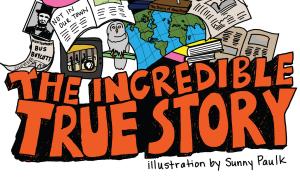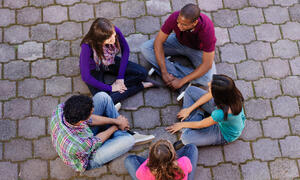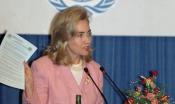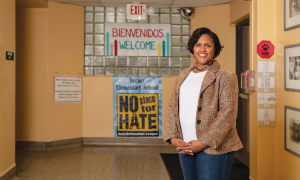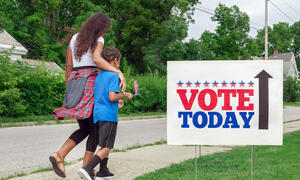article
Why Our Students Need ‘Equity Literacy’
Several stacks of fake dollar bills enclosed in a Plexiglas case sit at the center of an exhibit entitled “RACE: Are We So Different?” at the National Museum of Natural History in Washington, D.C. One stack towers over the others. This teetering pile of bills represents the average net worth of “white” people’s assets in relation to those of other racialized groups based upon data collected by the U.S. Census Bureau from 1997 to 2000. While the “Asian” stack is almost as high, the “black” stack can hardly be called a stack at all; the “Latino” stack is almost as low.
